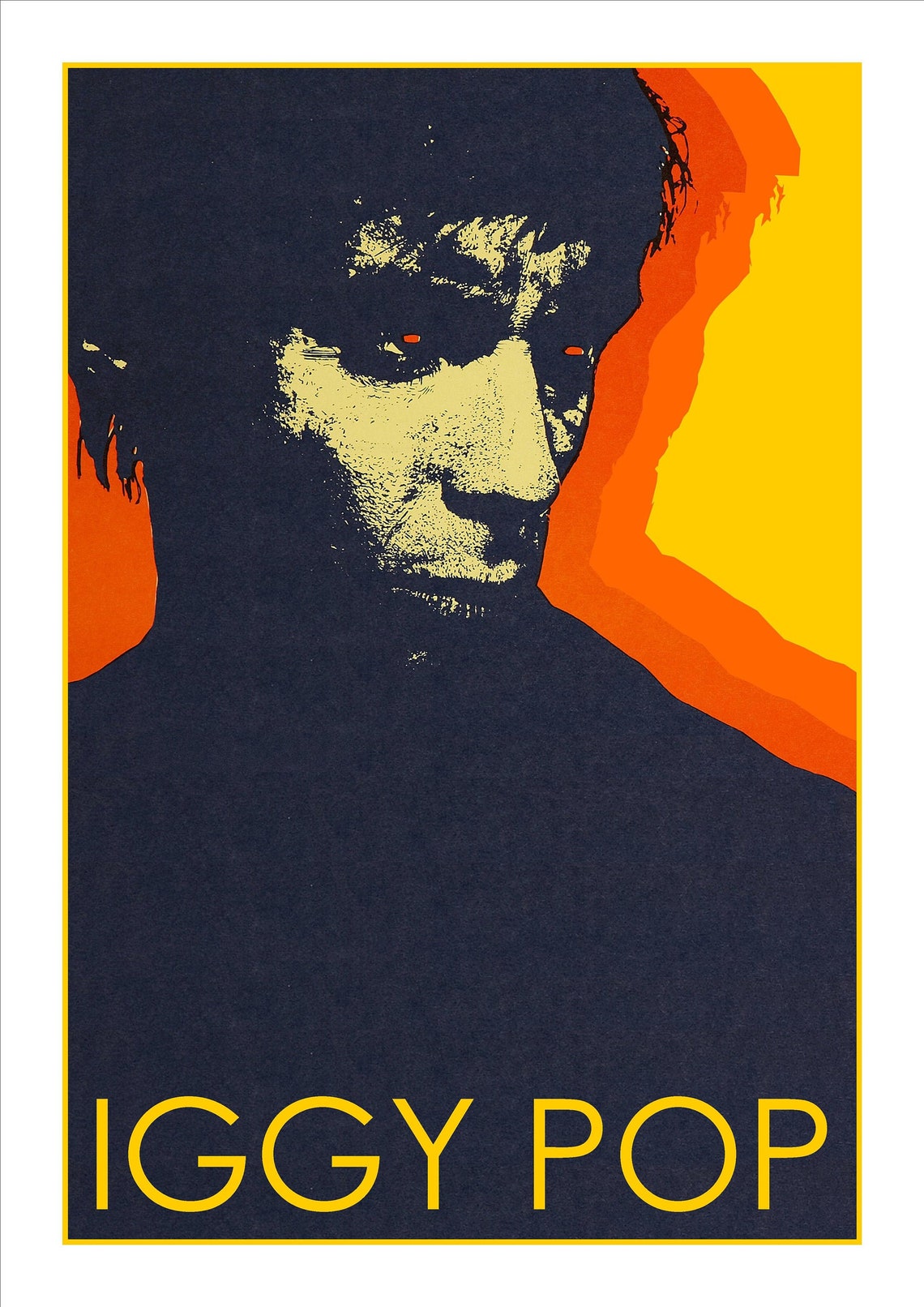

Pop said that Columbia executives insisted on two ballads, one for each side of the album: "Gimme Danger" and "I Need Somebody". Initial demo sessions were held at RG Jones Studios in Wimbledon with sound engineer Gerry Kitchingham and at Olympic Studios in Barnes with sound engineer Keith Harwood, with most of the songs rejected by the band's management. Although he was the band's founding guitarist, the elder Asheton reluctantly agreed to switch to electric bass. When they failed to find a suitable English rhythm section, Williamson suggested that former Stooges Ron Asheton and Scott Asheton fly over and participate in the recording sessions, leading to the band's reformation under the new name of "Iggy and the Stooges". He noticed it right off." Having signed on as a solo artist to Columbia Records, Pop relocated to London, where he was to write and record an album with James Williamson, who served as the Stooges' second guitarist from late 1970 until the band's initial dissolution in July 1971.

#IGGY POP RAW POWER PROFESSIONAL#
And to his credit, the only person I'd ever known of in print to notice it, among my peers of professional musicians, was Bowie. Pop later recalled, "very few people recognized the quality of the Stooges' songwriting, it was really meticulous. The raw guitar sound of Williamson deeply influenced acts of different music genres such as the Sex Pistols, Johnny Marr of the Smiths and Kurt Cobain of Nirvana.Īfter their first two albums The Stooges (1969) and Fun House (1970) were released to little commercial success, the Stooges were in disarray: the band had officially broken up, bassist Dave Alexander was fighting alcoholism, and singer Iggy Pop's heroin addiction was escalating prior to the intervention of David Bowie. The Guardian wrote that "it has since been acknowledged as one of the most influential records in rock history". Though not initially commercially successful, Raw Power gained a cult following in the years following its release and, like its predecessors The Stooges (1969) and Fun House (1970), is considered a forerunner of punk rock. The album departed from the "groove-ridden, feel-based songs" of the band's first two records in favor of a more anthemic hard rock approach inspired by new guitarist James Williamson, who co-wrote the album's eight songs with singer Iggy Pop.

Raw Power is the third studio album by American rock band the Stooges (credited as Iggy and the Stooges), released on Februby Columbia Records.


 0 kommentar(er)
0 kommentar(er)
